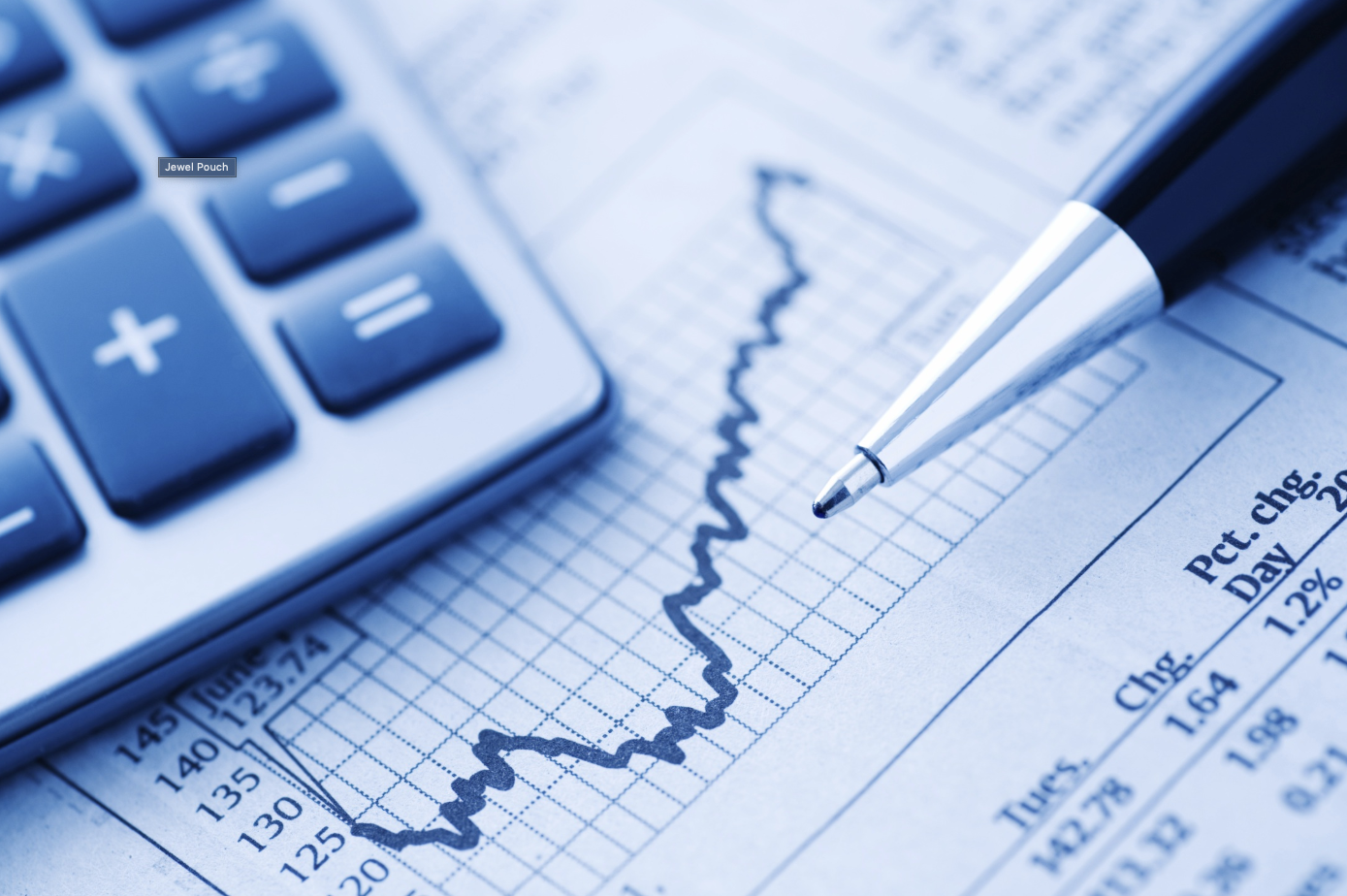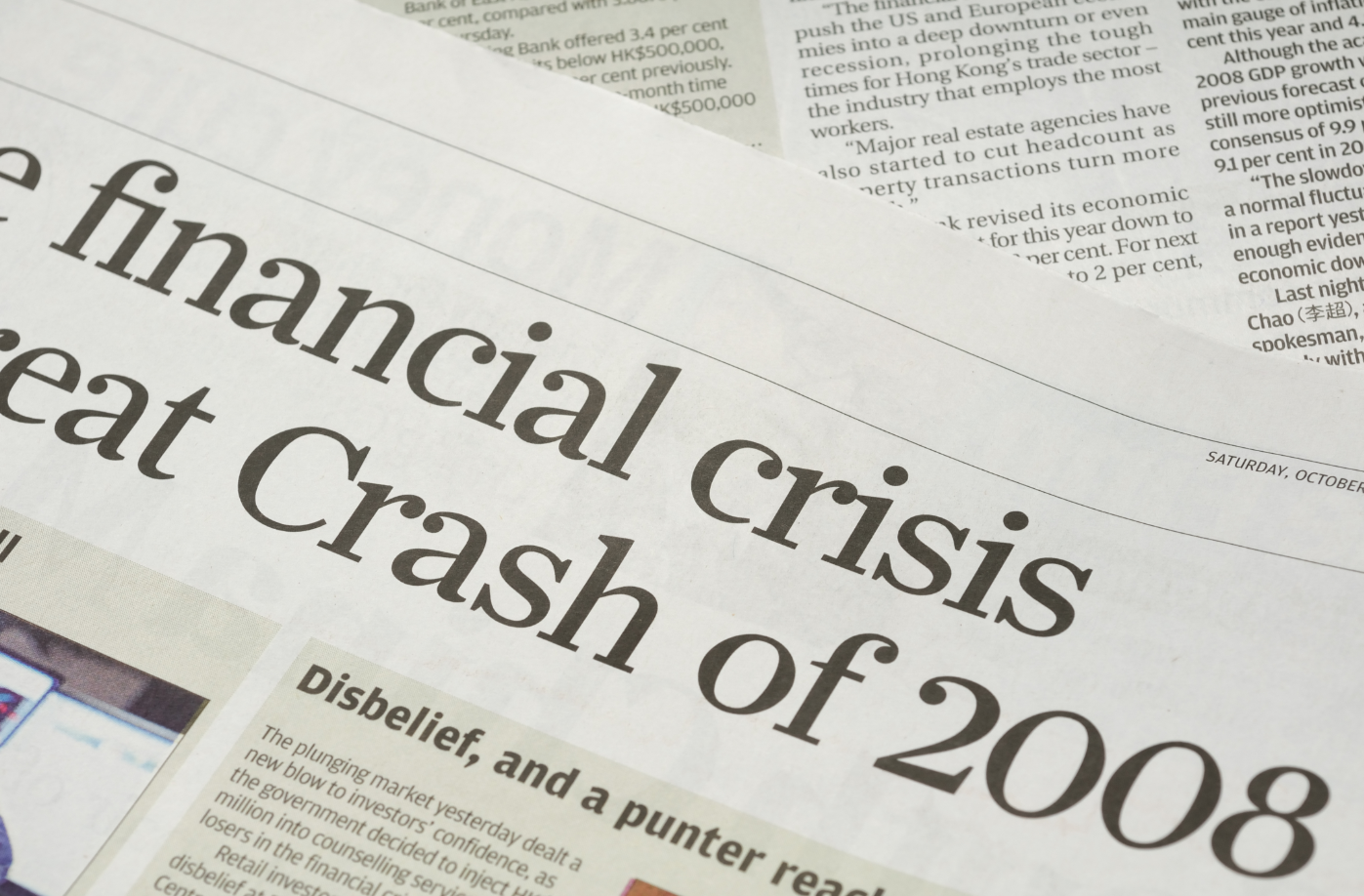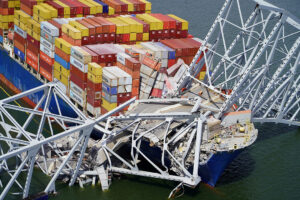February inflation steadies as food prices ease

Philippine inflation slowed in February as food prices eased, though this is unlikely to go on as fuel prices surge amid Russia’s invasion of Ukraine.
Inflation was 3% for the second straight month and slower than 4.2% a year earlier, according to the local statistics agency.
The figure was lower than the 3.3% median estimate in a BusinessWorld poll last week and within the 2.8-3.6% estimate by the Philippine central bank. Inflation this year has settled within the Bangko Sentral ng Pilipinas’s 2-4% target for the year.
Consumer prices inched up by 0.1% in February from a month earlier.
Price increases in heavily weighted food and nonalcoholic beverages slowed to 1.2% year on year in February from 1.7% in January and 6.2% a year earlier. These accounted for 37.75% of the basket of goods and services that an average Filipino household typically buys.
Price increases also slowed for alcoholic beverages and tobacco at 4.7%; clothing and footwear (1.9%); furnishing, household equipment and routine household maintenance, (2.3%); health (2.7%; information and communications (0.6%; and restaurants and accommodation services (2.9%).
Inflation for housing, water, electricity, gas, and other fuels quickened to 4.8%; transport to 8.8% and recreation, sports and culture to 1.6%. The food-alone index fell to 1.1% in February from 1.6% a month earlier and 6.8% print a year ago.
Meanwhile, February inflation for the bottom 30% of households slowed to 2.7% from 3.2% in January and 5.5% a year earlier. The rate has settled at 2.9% this year.
Commodity prices are increasing amid Russia’s invasion of Ukraine, Socioeconomic Planning Secretary Karl Kendrick T. Chua said in a statement. The government will provide targeted subsidies to affected sectors such as transport and agriculture, he added.
“Prices of commodities such as oil, wheat and corn are going up as demand outpaces supply,” he said. “That is why we need to proactively manage the impact on the people through these two measures.”
President Rodrigo R. Duterte on Wednesday approved P3 billion of fuel subsidies and discounts to support public utility vehicle drivers and farm workers amid surging oil prices.
Brent oil has surged past the $100-per-barrel Russia invaded Ukraine on Feb. 24. The central bank expects inflation to quicken in the near term.
“The recent increases in global crude oil prices due to the Russia-Ukraine conflict have raised global and domestic macroeconomic uncertainty over the near term,” central bank Governor Benjamin E. Diokno told reporters in a Viber message.
“Under these circumstances, the BSP will continue to closely monitor the emerging risks to the outlook for inflation and will remain vigilant against possible second-round effects from supply-side pressures or any shifts in inflationary expectations,” he added.
The central bank still expects inflation to settle at 2-4% target this year and in 2023.
The nonfood consumer price index rose year on year, while the broad food inflation caused by the recent typhoon had eased, UnionBank of the Philippines, Inc. Chief Economist Ruben Carlo O. Asuncion said.
“However, it cannot be denied that though seemingly limited, the oil price pass-through is manifesting itself in various products such as gasoline, diesel, other transport costs, bread, flour, etc,” he said in an e-mailed reply to questions. “Ukraine and Russia are huge players in wheat production globally and we may see more movements in the coming months.”
Cid L. Terosa, a senior economist at the University of Asia and the Pacific, traced last month’s steady inflation to more stable food prices. “It appears that supply disruptions have been addressed effectively,” he said in an e-mail.
“The Monetary Board will maintain key policy rates, but it will closely monitor the evolution of surges in the price of petroleum products,” he said. “As long as food prices can be kept stable, the Monetary Board will maintain current policy rates.”
Mr. Asuncion expects March inflation at 3-3.5%, and the central bank would probably keep policy settings as the country faces global price shocks. Election spending could also spur faster price increases, he said.
The central bank will decide on benchmark interest rates on March 24.




